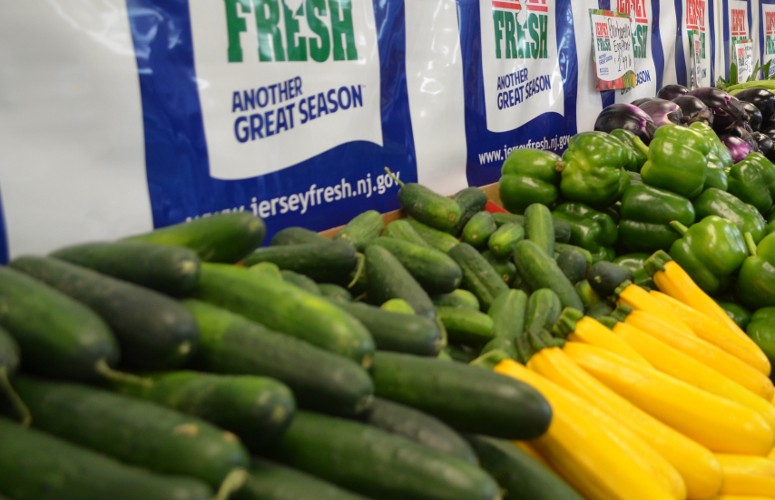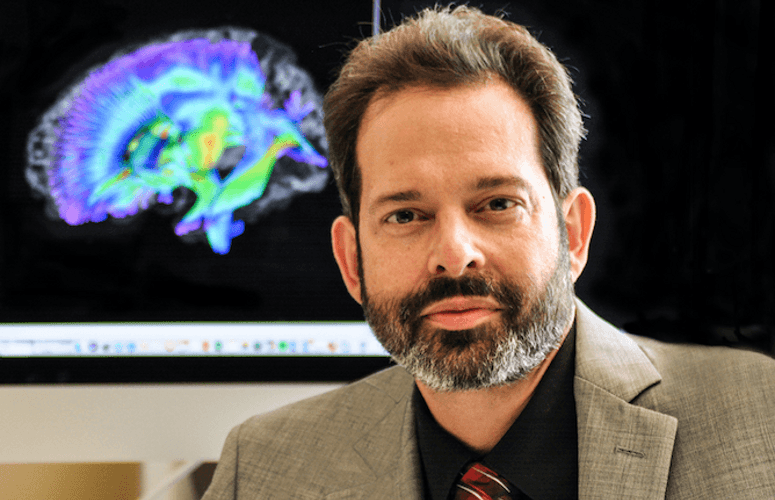
Rutgers and The Clearing Corporation Charitable Foundation Announce $1-M Gift To The University
On Mar 23, 2017The Executive Dean of the Rutgers School of Environmental and Biological Sciences, Dr. Robert M. Goodman, announced the establishment of a $1-million endowment from The Clearing Corporation Charitable Foundation, a not-for-profit corporation of the State of Illinois, to support the development of a new agribusiness scholars program at the school.
Named The Clearing Corporation Charitable Foundation Agribusiness Scholars Program, the gift will enable the school to provide a select group of high achieving students with the applied knowledge, leadership qualities, analytical skills and experiences required for successful careers in the domestic and global agribusiness sector.
“I am delighted to announce that The Clearing Corporation Charitable Foundation has provided generous financial support that will deepen our efforts to prepare our students for future leadership roles in agribusiness,” says Goodman.
Ira Polk, a director at The Clearing Corporation Charitable Foundation, notes that Rutgers has a long tradition of supporting New Jersey’s agriculture community through its various scholastic programs, research and development, and extensive county programs designed to help its businesses and farmers.
“This gift is designed to create the next generation of agribusiness leaders who, through this program, will have exposure to all disciplines critical to succeed in today’s global marketplace,” says Polk.
The first class of agribusiness scholars at the School of Environmental and Biological Sciences is scheduled to begin the program in Fall 2018. Students in their sophomore year, with a grade point average of 3.0 or higher, will be invited to apply during the preceding spring semester. Additional eligibility requirements are still being developed and will be announced later this year.
Leading this new program are associate professors Stephen Komar, agricultural agent for Sussex County in the Department of Agriculture and Natural Resources, and Brian Schilling, associate extension specialist in agricultural policy in the Department of Agricultural, Food, and Resource Economics.
According to Schilling and Polk, the newly endowed scholars program will integrate coursework, experiential learning, and engagement with agribusiness leaders, regulators and government agencies that will expose them to real-world experiences with the goal of better preparing them for successful careers in the field.
“The students accepted into the Agribusiness Scholars program will develop deeper understanding of the domestic and international issues driving agricultural markets and the performance of the agribusiness sector.”
Komar has seen remarkable transformations in agricultural production as well as demands on agricultural businesses to adapt to constantly changing worldwide markets.
“Students interested in careers in agribusiness will need to understand the implications of technological innovation, and those factors that affect agricultural production and the ever-evolving dynamic of the global marketplace,” says Komar.
“It’s hard to overstate the importance of preparing the next generation of agribusiness leaders,” he adds.
Related Articles:





